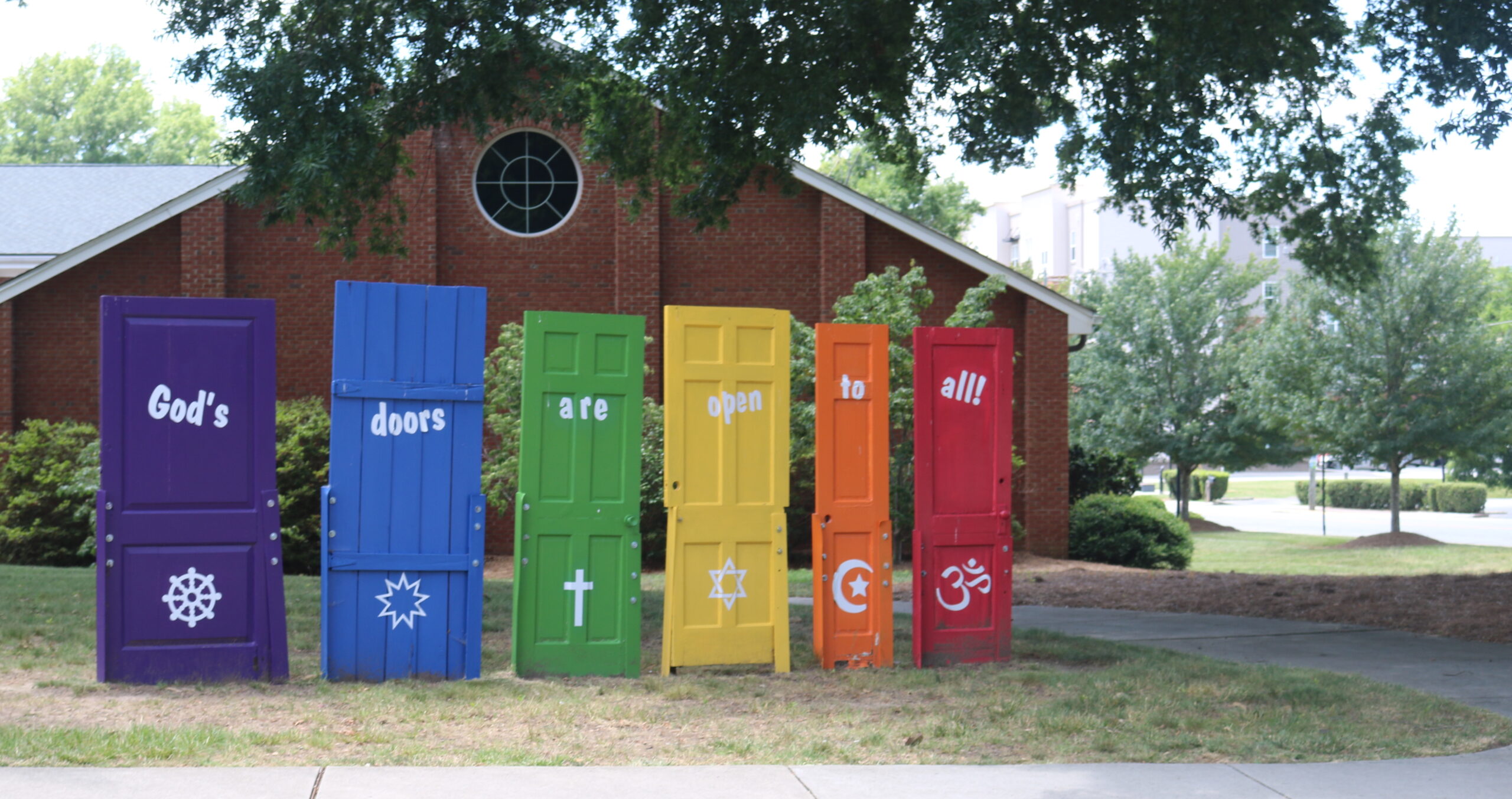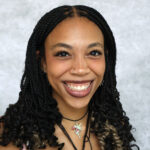
Generation Z tackles religion in an unprecedented way. Outside factors, such as social media, societal change, and familial dynamics influence Gen Z’s take on religion.
Kiara Cronin, a rising senior majoring in human services studies at Elon University, led and conducted a two-year research project about Gen Z’s connection to religion. Cronin said her relationship with the Catholic faith and how growing up in a religious household strengthened her beliefs up to this day.
Cronin said, “I think the values of the church have shaped who I am as a person.”
Especially during the pandemic, Cronin expressed how social media helped encourage her faith. She affirmed that it has created communities that can share the same identities or values. Specifically tik tok served as an outlet to continue expressing and sharing her faith in the time of quarantine.
“It was something to hold onto, especially when I couldn’t be with other people,” Cronin said.
According to her, social media is aiding in the deconstruction of traditional faith practices, while welcoming in new ways Gen Z can exercise their faith.
For example, she said online services offer the generation the space to continue exploring their religion virtually as they may feel uncomfortable going to traditional events with past generations, who may not understand their values and differ in religious values or morals.
“For those who wish to hold on to their faith they’re able to find communities that better represent how they view their own faith,” Cronin said.
She said members of Generation Z value authenticity and honor their own identities when choosing to affiliate with a religious institution.
“We don’t like to go to institutions that don’t align with our values or make us feel included or seen,” Cronin said.
Yet Kirstin Boswell, Elon University’s chaplain and dean of multifaith engagement, said, “Our morals, our ethics, our way of being in relationship to each other and to the earth…are all things that rise above religious boundaries.”
Cronin said vast access to news and media enable them to discern for themselves what their values are and then find alternative ways of practicing faith that better align with their values.
“We may not like certain things that the institution stands for, so we are not going to follow that because that is not authentic to who we are,” Cronin said.
Boswell, however, said that the institutionalized ideals affect Gen Z’s approach to religion, further highlighting their authenticity.
“I know many people who profess to be Christian but fully understand Christianity’s harmful history of colonialism and supporting slavery and the enslavement of peoples and all sorts of terrible things, but yet find their Christian tradition to be meaningful to them,” Boswell said.
A survey taken by the American National Family Life Association detailed that 34% of Generation Z, born between 1997 and 2012, are unaffiliated: which is 16% more compared to Baby Boomers, who were born between 1946 and 1964.
Cronin spoke on the past history of how past laws have stemmed from Anglo-Saxon, Christian views and that because of Gen Z’s understanding of diversity in society, they are looking to in the future attempt to separate church and state more.
In terms of religious participation, Cronin said many in the generation are identifying as spiritual and believe in something but it is not necessarily tied to a religious group.
“We do care about the metaphysical aspect of religion/spirituality, but we don’t necessarily agree with the history of certain institutions,” said Cronin, “but we want to believe there is a higher power in some sort.”
Cronin and Boswell agree that Gen Z is evolving the face of religion progressively.
“The way that people gather in community and the way that we talk about it and the way that we let it influence our lives is going to change,” the source said.
“Just in my lifetime, I’ve seen congregations that have moved from not accepting female leadership to having more and more women in pulpits. There’s still a long way to go,” Boswell said.
However, they both believe that Gen Z adjusted or adapted religion in a way more suitable for the current society.
“Adjustment does not necessarily mean altering, but recognizing that the way people gather in community and talk about it is changing,” Cronin said.
Cronin said exposure to a diversity of identities, religions and spiritual practices may encourage members of Generation Z to not feel restrained to one thing or another, which can result in being in the middle with being more accepting of others’ choices.
“You have to go through some sort of questioning or deconstruction in order to construct,” Cronin said.

